How a Legendary DP Thinks About Close-Ups
Hey friends, Kent here.
I just came across this little interview clip of Roger Deakins (director of photography for Blade Runner 2049, No Country for Old Men, 1917, Shawshank, etc) where he critiques the framing/lensing of the cameraman in his own interview 😂
It’s a fun watch that got me thinking…
Clearly some directors & DPs prefer certain types of closeups, but is there a reason to consistently shoot closeups the same way across different films? Is one type of closeup inherently “best” for narrative films?
One of Deakins’ biggest collaborations has been with the Coen Brothers - he shot the majority of their films. And interestingly, Deakins has stated that he shoots much less raw footage in Coen Bros films compared to the many other A-list directors he’s worked with.
The Coens’ style is consistently tight and controlled in every aspect of their films. So how do they handle simple dialogue scenes?
Generally, they love shooting dialogue with the camera positioned in the space between the two actors. In other words, they typically stay away from over-the-shoulders and just shoot clean singles like this:
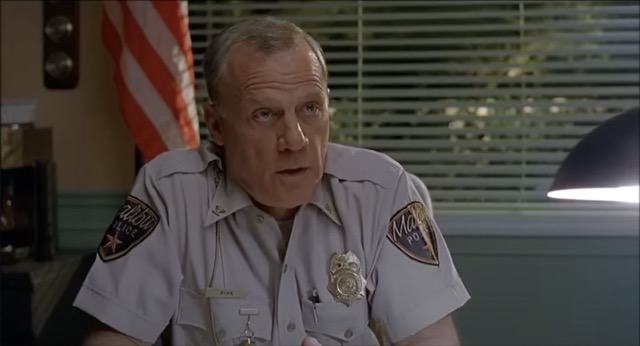
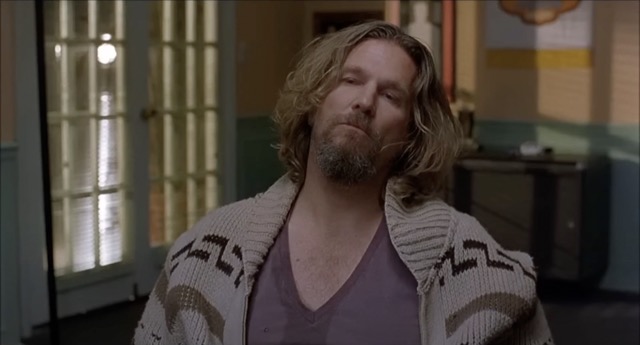
As Deakins states in his interview, subconsciously this can bring the audience more immediately present with the characters compared to the more voyeuristic and observational nature of an over the shoulder (OTS) shot:
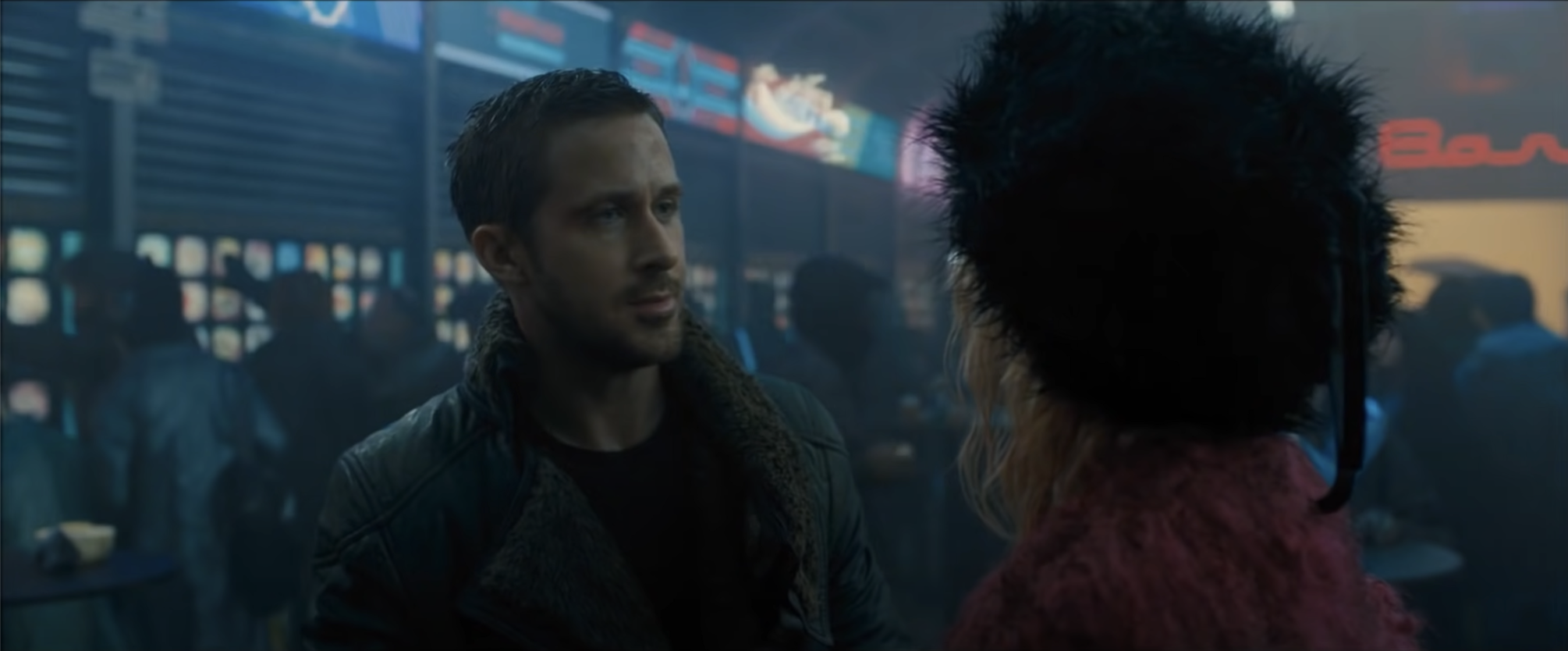
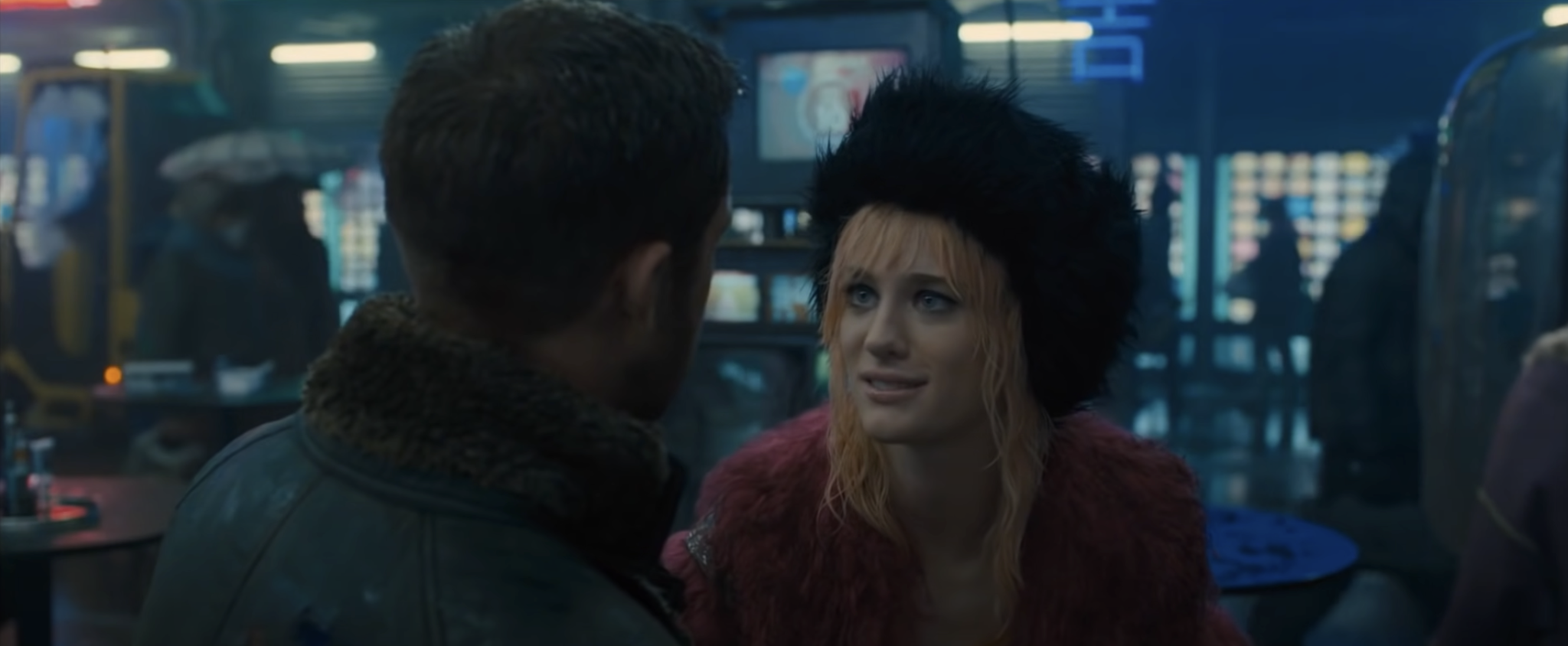
But besides that shift in subjectivity, the Coens’ clean singles also lend them more freedom to nail their very specific Coen-y sense of dry comedic timing.
One thing that drives me nuts on almost every TV show these days (and in some of my own films 😬), is when you see a typical over the shoulder scene and the actor in the foreground is flapping his mouth, but we don’t hear him speaking.
The editor knew the timing she WANTED, but since both actors are visible in every closeup, she had to cheat the timing by faking the “shoulder” actor’s timing.
Shooting clean singles avoids this, and gives you total control of timing in the edit without any obvious cheats. Great for tightly controlled directors like the Coen Brothers.
However, if you’re not Roger Deakins, I do find it easier to make an over the shoulder shot look pretty. That extra foreground layer in the frame always adds a little something, and if the actors are nailing the timing on set, their dialogue can feel more organic and connected.
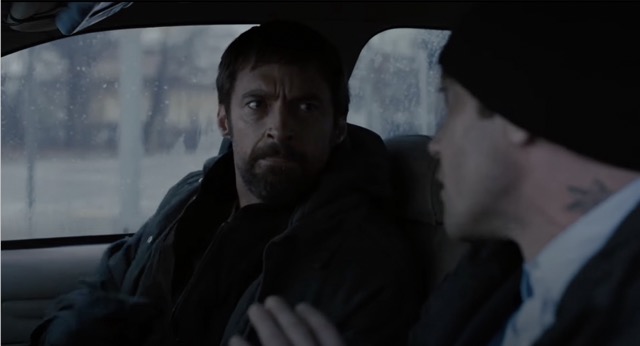
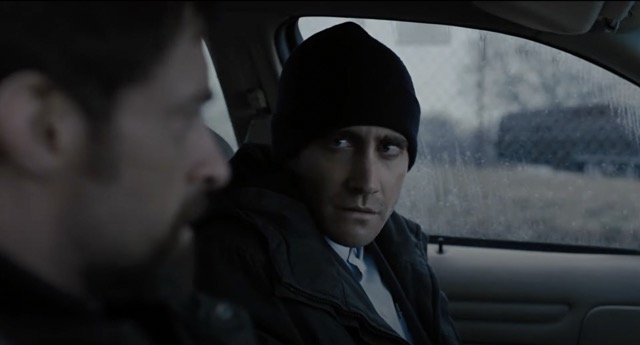
The typical approach of course, is to capture BOTH types of closeups, and shoot full coverage. That way you get to the editing room with a wide master, two over-the-shoulder medium closeups, and two tighter clean singles.
On the surface, this method gives you the best of both worlds. In the edit, you’ll usually do the classic technique of starting wide and then gradually working into the clean singles by the end of the scene.





However, there’s a couple problems with this: 1) you’re spending much more time filming those extra setups on set, and 2) it’s visually predictable.
When novice directors shoot standard coverage like that, it’s often because they don’t have an actual vision for the scene.
If you want an impactful film, I think it’s important to take a firm stance on how the scene should look and feel.
So try to avoid shooting coverage and boldly pick the style that feels right.
If you do shoot coverage, know WHY you’re shooting coverage (for example, you want to leave the audience’s focus entirely on what’s transpiring, and any unusual camera angles or edits might distract).
I believe the Coens operate this way, with carefully planned storyboards that they strictly adhere to on set. And since they’re rarely shooting full coverage, they can shoot much less footage and still keep a cohesive aesthetic in every one of their films.
This is a great way to make films for those of us on lower budgets who don’t have time to protect ourselves in the edit by popping off every angle we can think of on set, and it’s why I always recommend over-preparation for directors.
But of course, the story should dictate the style. So if the story calls for a loose, chaotic aesthetic, then you may not want to plan out ANY shots. Just make sure you have an editor who’s up for a challenge.
My favorite things this week:
📚 Books:The Personal Memoirs of Ulysses S. Grant
I'm listening to this one. It was interesting following his accounts of his childhood and service in the Mexican-American War. I'm at the point where the Civil War has just broken out.
His writing is very dry and lean for the most part, with occasional impassioned entries or revealing personal anecdotes. That said, he's very candid. I'm not far enough to fully review though.
More interesting than the book itself (so far), is the history of its writing...
Grant became bankrupt late in life after losing the fortune he had accrued to a Ponzi scheme. To make matters worse, he soon after was diagnosed with throat cancer.
Wanting to provide for his family before his death, he started urgently writing these memoirs, racing his terminal disease to finish it. A publisher offered him a paltry deal for the rights and he agreed in his desperation.
Later, his close friend Mark Twain read the details of Grant's publishing contract and went apoplectic.
Twain himself had a financial stake in a publishing company by this time and traveled to New York to stop Grant from signing, arriving right before the former president took pen to paper on it.
Relieved, Twain told Grant to publish the book with his company in exchange for a much larger royalty instead. Grant refused, as he'd already given the other exploitative publisher his word.
Twain had to beg, but finally convinced Grant to pull out of the original deal and publish with his company. He stayed with Grant throughout the writing process, personally editing and tweaking Grant's new pages every night as the rapidly weakening general wrote all day.
They finally finished writing, and Grant died 5 days later.
Twain then launched an innovative campaign to publicize and pre-sell the book door-to-door, pulling on the patriotic heartstrings of the nation.
It worked, and Grant's memoirs immediately became one of the best selling books of the 19th century - a rarity for non-fiction.
In the first 3 years after its publication, Grant's widow received $450,000 in royalties. Today that would be about $15 million.
📼 Movies: The Iron Claw
I never thought I'd be rooting for Zac Efron to win a best actor Oscar, but here we are. As someone with 3 brothers, this was such a moving and powerful film, it left me crying over the credits. Beautiful cinematography, and excellent performances throughout. A must watch!
That's it for this week.
Let’s make some movies.
-Kent
PS - These emails take a long time & are completely free, if you enjoy them, please share with your filmmaking friends.
Link to join newsletter: standardstoryco.com/